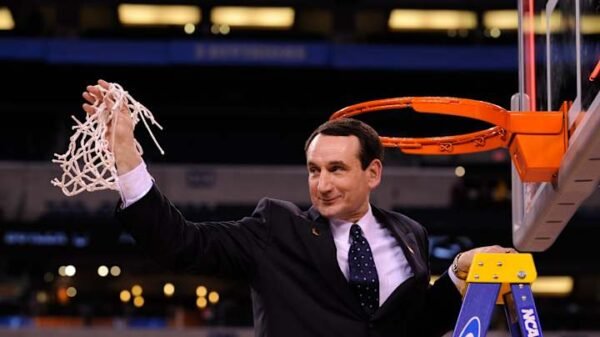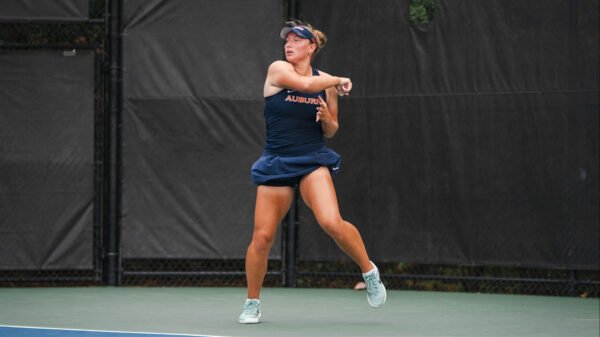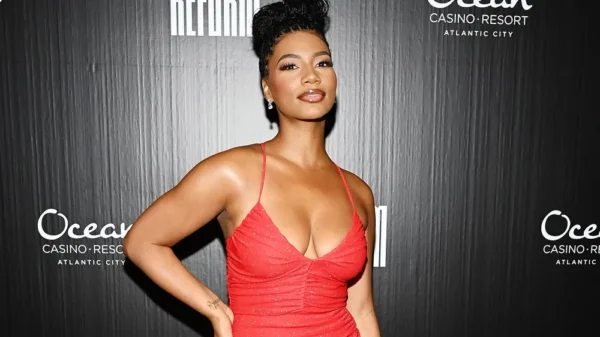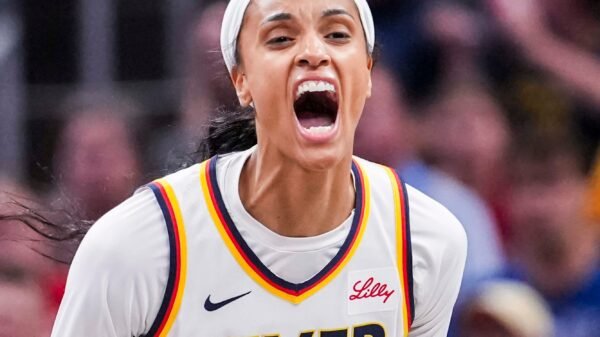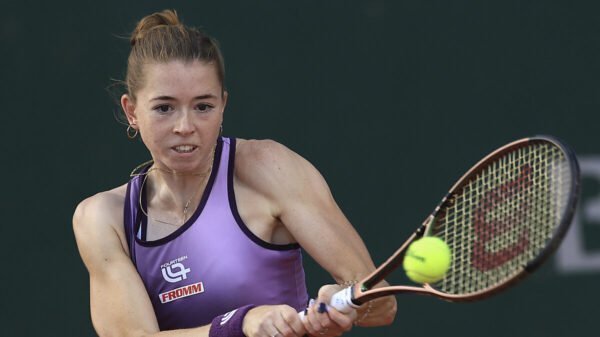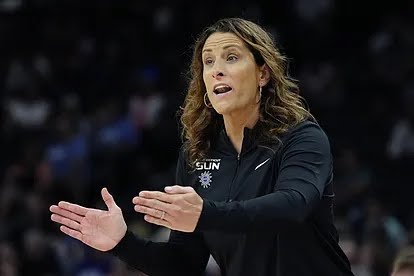Following Sheryl Swoopes’ recent criticism of Caitlin Clark, a former NBA player responds.
Recently, a former NBA player commented on Sheryl Swoopes’ most recent critique of Caitlin Clark, which sparked discussion regarding the ongoing debate about women’s basketball.
Legendary athlete Swoopes shared her thoughts about Clark’s playing style and attitude, implying that her confidence verges on conceit. In addition to provoking discussion among observers and supporters, this remark has drawn the attention of former athletes who have strong opinions about how women’s sports should develop.
In support of Clark, the former NBA player—who is still a well-known figure in basketball discourse—emphasized her extraordinary talent and fierce spirit of competition. He maintained that confidence is an essential quality for athletes, particularly in a field where women have historically been underrepresented. He emphasised that sportsmen like Clark serve as role models for upcoming athletes by demonstrating how perseverance and hard effort can lead to success at the greatest levels.
While acknowledging Swoopes’s pioneering role in women’s basketball, he questioned whether her criticism reflected a larger problem of disparities in perceptions of athletes between generations.
Although Swoopes may have meant to mentor, he contended that her remarks may have inadvertently inhibited the audacity that has come to characterise contemporary athletes. According to the former athlete, having confidence is not a bad thing; rather, it is a necessary attribute that motivates people and enhances performance. He also brought up the cultural change in athletics, where it is becoming more acceptable to show emotion and have a strong personality.
It can be energising and inspiring to watch athletes like Clark, who aren’t hesitant to show off their passion and competitive spirit. He maintained that this change is essential to the development of women’s basketball because it would enable future generations to shatter stereotypes and redefine what constitutes success.
In the end, the former NBA player urged more community support and encouragement, asking well-known individuals like Swoopes to recognise rising stars’ accomplishments rather than criticise them.
In order to ensure that women’s basketball thrives and continues to inspire future generations, he expressed optimism that the conversation would develop into one that promotes empowerment and collaboration.
This discussion illustrates the dynamic character of sports culture, where disagreements can lead to deeper discussions about the sport and its participants.


